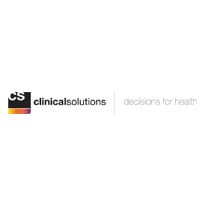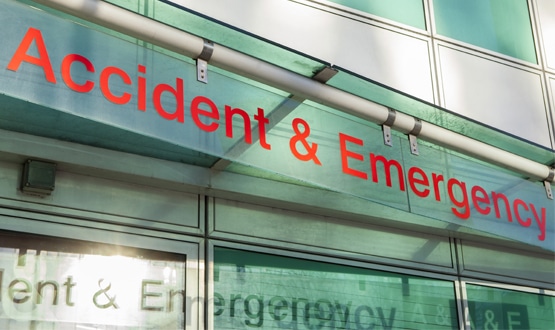Clinical Solutions bids for 111 triage
- 30 January 2012

Clinical Solutions has launched an alternative to NHS Pathways which it says can reduce the length of NHS 111 calls by 30-40% and nearly halve the average outcome cost per call.
TeleGuide 111 has gone through a clinical safety, governance and software review with the Department of Health and has been fast-tracked to a live pilot in an unnamed South West out-of-hours provider starting in early February.
Clinical Solutions chief executive Xavier Flinois said the new clinical assessment tool was an optimisation of the existing TeleGuide system that has been used for nurse-led triage by eight out of 11 ambulance trusts over the past six years.
TeleGuide has been used in about 60m calls and managed the automatic dispatch of more than 200,000 ambulances.
Flinois told eHealth Insider that the key challenge facing NHS 111 was to be able to achieve a high quality outcome for the patient without using clinicians as call handlers.
Cost savings in the call centre could easily be wiped out by huge downstream costs if people were not sent to the optimal place for treatment, he said.
Flinois said TeleGuide 111 had been tested with existing clients and the average call handling times were 30-40% below those in the published reports on the NHS 111 pilots that are up and running.
The Clinical Solutions tool resulted in ambulances being dispatched to just 4% of calls compared to 9-11% in the NHS 111 pilots. Also, 40% of patients were treated via self-care at home rather than referred into the health service, compared to about 17% in the live pilots.
"To have a service like NHS 111, you need a very efficient call centre, which is all about how fast you can do the assessment.
"At the back end, it is about the number of amublances you are sending and the number of people who don’t go to the GP but stay at home and self-care," Flinois added.
Clinical Solutions assessed the published NHS 111 figures for the existing pilots and estimated the average cost for each NHS 111 call outcome at between £40 and £54.
In comparison, it says the average outcome cost with TeleGuide 111 sould have been £27.
Flinois said that meant there was a variation of at least £200m between the pilot models being rolled out and what could potentially be saved if they used TeleGuide 111.
The company’s plan – if the South West pilot goes well – is to offer Teleguide 111 and its management system IntefleCS 111 for future NHS 111 tenders. Flinois said providers could decide if they wanted to use one or the other, or both.
However, h thought it was unlikely that TeleGuide 111 would be introduced to pilots already using the IntefleCS system.




